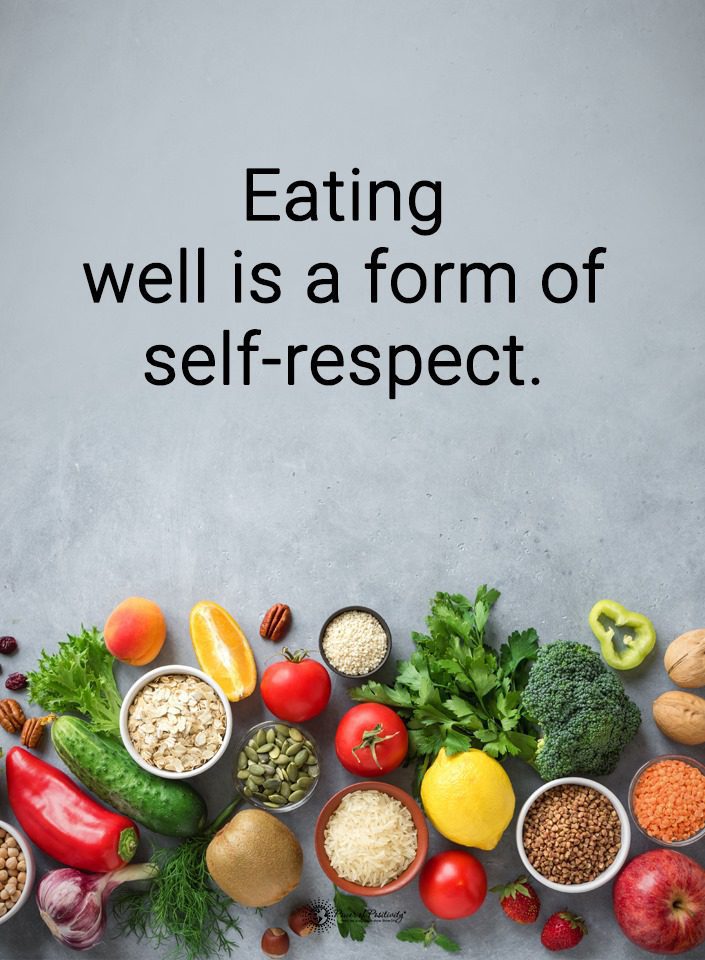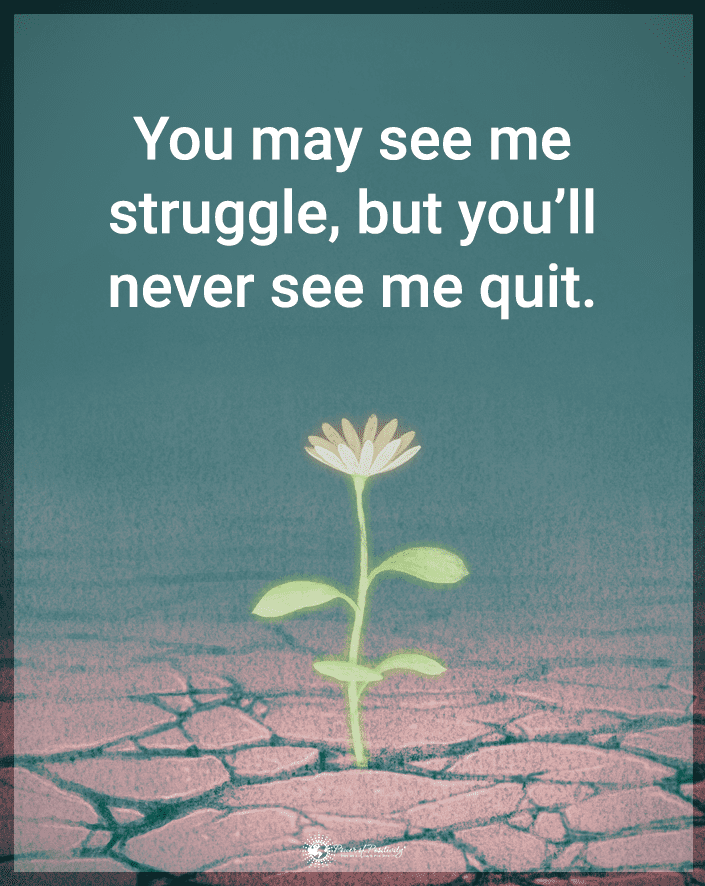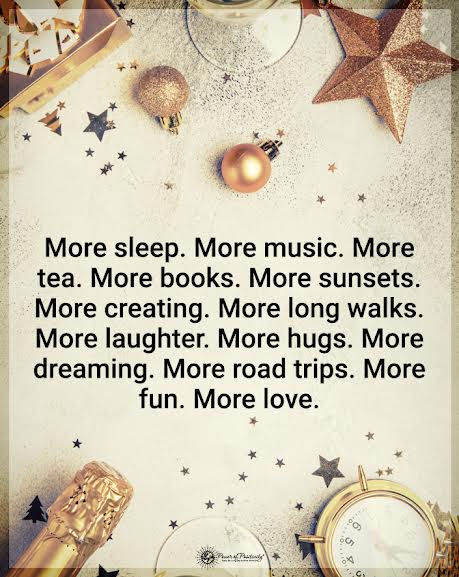The medical word for low blood sugar is hypoglycemia. They usually associate low blood sugar with diabetes, but even if you don’t have diabetes, you may experience hypoglycemia. You must understand how to spot low blood sugar and what to do when it happens. Here are some low blood sugar signs that most people ignore.
What happens with low blood sugar?
Low blood sugar happens when your glucose levels drop below what is typical. This is usually a reading of lower than 70 milligrams per deciliter. It’s common for people who have type 1 or type 2 diabetes, but other people can be susceptible to low blood sugar, including:
- Aged 65 or older
- Low blood glucose before that age
- Individuals with kidney disease
- Individuals with heart disease
- Individuals with brain function problems
What are the causes of low blood sugar?
Besides diabetes, there are other causes of low blood sugar. These include the following:
- Certain medications
- Drinking too much alcohol
- Hypothyroidism
- Anorexia nervosa
- Pancreas problems
- Genetic disorders
- Weight loss surgery side effects
15 Low Blood Sugar Signs Most People Ignore
1 – Sweating can indicate low blood sugar
Night sweats often indicate a drop in your glucose levels at night. This causes your body to produce adrenaline, and this makes you sweat. Only after your glucose returns to normal do you stop sweating. In the meantime, you may experience episodes you cannot ignore if this happens. You may need to eat a small protein-rich meal prior, such as a few to bedtime, to maintain your blood glucose during the night. Simply eating a snack at bedtime can help support glucose production during the night, including:
- A few whole-wheat crackers with peanut butter
- A small number of nuts
- Low-fat cheese and a few whole-wheat crackers
- Baby carrots dipped in hummus
- A hard-boiled egg
2 – A fast heartbeat
Hypoglycemia triggers heart irregularities like racing heartbeat and palpitations. This is a good sign that your blood sugar is super low, and you need to eat something to up your blood glucose levels quickly. You can try
- Drinking orange or apple juice or regular soda (not a diet drink)
- Eat a banana
- Eat an apple or applesauce
3 – Hunger with nausea may come from hypoglycemia
Low blood sugar sends out confusing messages to your body. You may feel hungry, yet the changing blood glucose levels cause your metabolism to get interrupted, making you feel hungry yet nauseous simultaneously. Sometimes during the day, when your blood sugar dips too low, you may feel a little sick in your stomach. This can even happen to people who don’t have diabetes. Try to munch on several small meals throughout the day to avoid these dips in blood glucose levels.
4 – Feeling weak
It’s normal to feel weak when your blood glucose takes a dip. When your blood cells aren’t getting the necessary glucose, you will feel listless and tired. Weakness, mainly only on one side of your body, could be severe. It could show that blood sugar levels have dropped dramatically, making you susceptible to a stroke. Get help if you feel weak.
5 – Low blood sugar can cause difficulty in focusing
These imbalances affect your mental function. Confused, slower thinking, and slow reaction times, are symptoms of not getting enough blood glucose to your brain. This lack of brain function is severe, so talk to a medical professional immediately. In the meantime, don’t drive or run any machinery. Lie down and ask someone to get you a sugary drink or candy bar to elevate your glucose levels.
6 – Irritability
Hypoglycemia causes your body to pump extra adrenaline into your body, causing you to feel a “flight or flight” stress. Your body makes more blood sugar to bring up your blood sugar levels. This causes your heart to race and you to sweat. You may feel irritable and cranky. Don’t ignore this symptom. It could be a clear sign you’re dealing with low blood sugar.
7 – Tingling or numbness
Unexplained tingling or numbness can be a sign of low blood sugar. This is because reduced levels add to poor blood circulation, which leads to damaged nerves. You may experience pain and feelings of tingling or numbness in your feet and hands. It may be hard to walk because of this. This tingling is called neuropathy. When left untreated, neuropathy can get worse and lead to nerve damage. So, be sure to talk with your medical professional about these symptoms.
8 – Headaches may come from low blood sugar
Fluctuations in your blood glucose affect your brain the most. The various drops and risings of your blood sugar cause headaches. Maintaining an average glucose level helps reduce headaches. You should eat four or five small meals a day to avoid these headaches. Eat a balance of carbohydrates and proteins.
9 – Blurry vision
Another sign of low blood sugar is the blurry vision or difficulty focusing. This is because of reduced glucose levels affect your brain. Varying glucose levels affect your brain function related to your ability to see. It’s also thought that hypoglycemia can change the shape of your eyes lens, which affects your ability to see. Blurry vision is profound. Don’t ignore this sign, but get medical help sooner rather than later.
10 – Tremors
Shaking and tremors are also signs of low blood sugar. Once again, hypoglycemia’s effect on your brain is the culprit. If you have this low blood sugar level, you need to seek medical help to help boost your blood sugar back up. This should ease the tremors and help you feel back to normal.
11 – Fainting
A quick drop in glucose levels can lead to a severe reaction, such as fainting or even a coma. As your blood glucose plunges, it affects your brain, causing you to feel lightheaded and faint. This is a medical emergency. If you’re feeling lightheaded, sit down and ask someone to get your glass of orange juice right away. This will bring your glucose levels back up, but you may still need medical attention right away. A doctor may need to give you an injection of blood sugar to get your levels up to where they need to be.
12 – Anxiety
When your blood glucose is low, your body sends a message to your body to make adrenaline and cortisol. This activates your liver to increase glucose production and send it into your bloodstream. This leads to you feeling anxious and shaky. You may feel like you’re drinking a lot of coffee because your heart is beating quickly. You may feel angry or anxious, and fearful. This is because of the fluctuations in your glucose levels.
13 – Nighttime hypoglycemia
Nighttime low blood sugar is ordinary in individuals who struggle with low blood sugar. This is because your glucose levels don’t stay consistent throughout the night. Symptoms include:
- Night sweats
- Nightmares
- Confusion when you wake up
- Crying out in the middle of the night
- Feeling unrested
Eating a high protein/ carbohydrate snack before bed will help reduce nighttime hypoglycemia and its side effects.
14 – Trouble speaking can indicate low blood sugar
Slurred speech or trouble speaking is another severe sign of hypoglycemia. Your sugar-starved brain can’t function well. As your blood sugar drops, you won’t be able to talk or think straight. Or you may say strange things that sound like you’re drunk even if you have drunk no alcohol. This is a dangerously low blood sugar symptom that requires medical help immediately. If you see someone in this state, call 911 directly. It’s possible to die from a severe blood sugar reaction like this.
15 – Lightheadedness
One of the most common signs of low blood sugar is lightheadedness. This is because your brain is trying to maintain its energy as your blood sugar drops. Lightheadedness results, making you feel as if you may faint. It’s best to get someone to give you a glass of juice or soda right away to get your glucose levels up quickly. Lie down to avoid fainting. If you’re still lightheaded after drinking the juice or soda and lying down, you may need to seek medical help.
Final thoughts on knowing the signs and causes of low blood sugar
They primarily associated low blood sugar or hypoglycemia with type 1 or 2 diabetes individuals, but these aren’t the only people who can struggle with it. Other medical conditions, lifestyle choices, and even some medications make you prone to low blood sugar. For this reason, it’s vital that you understand the signs of blood glucose fluctuations and don’t ignore them. You may experience night sweats, headaches, weakness, or even irritability.
Some people feel nauseated when hungry or have tremors or blurry vision. Because there are so many symptoms, you may confuse them with other health concerns. If you’re experiencing several of these, it may be time to discuss your symptoms with your doctor to see what’s going on. Your health is worth being vigilant to avoid a severe hypoglycemic problem, such as a stroke or coma.

















 Community
Community

